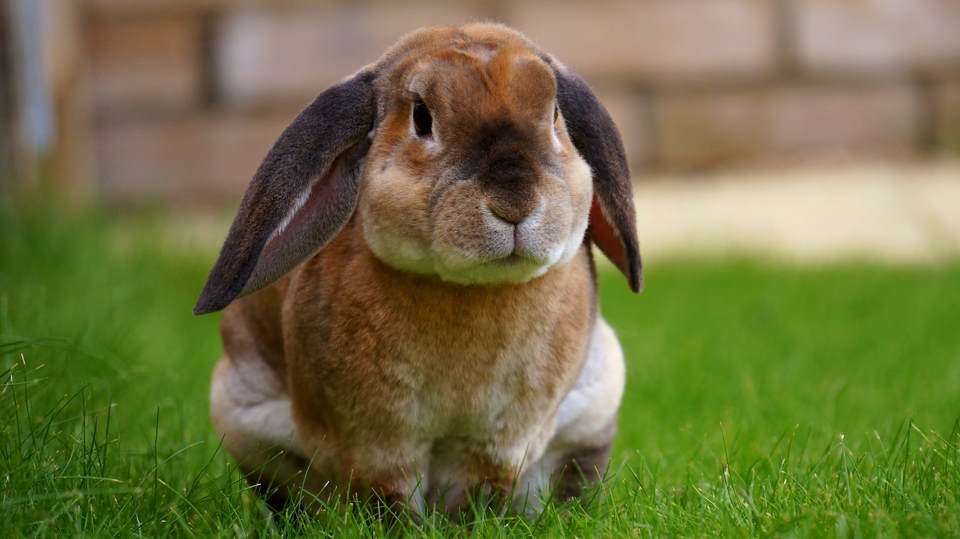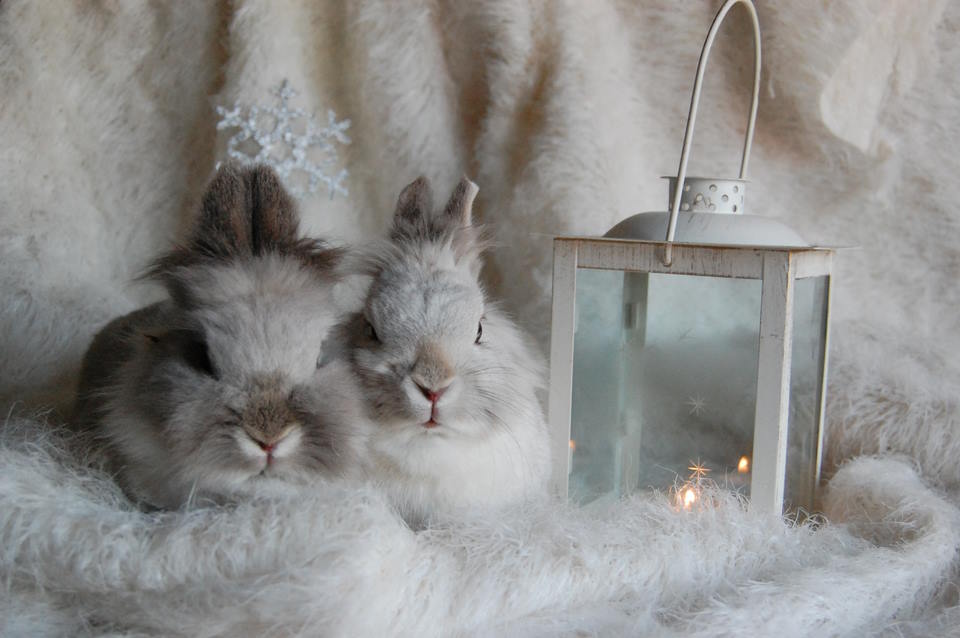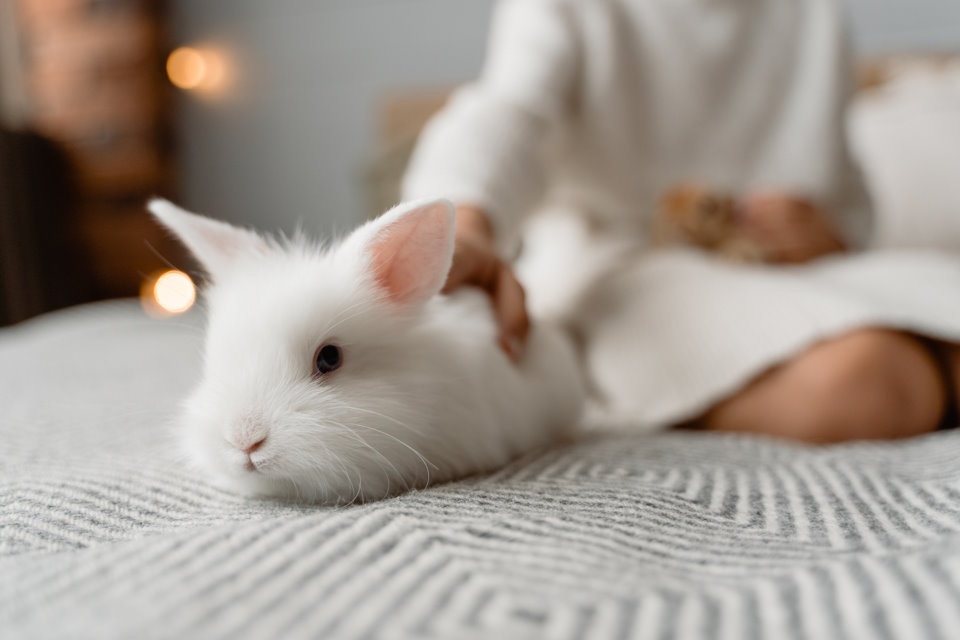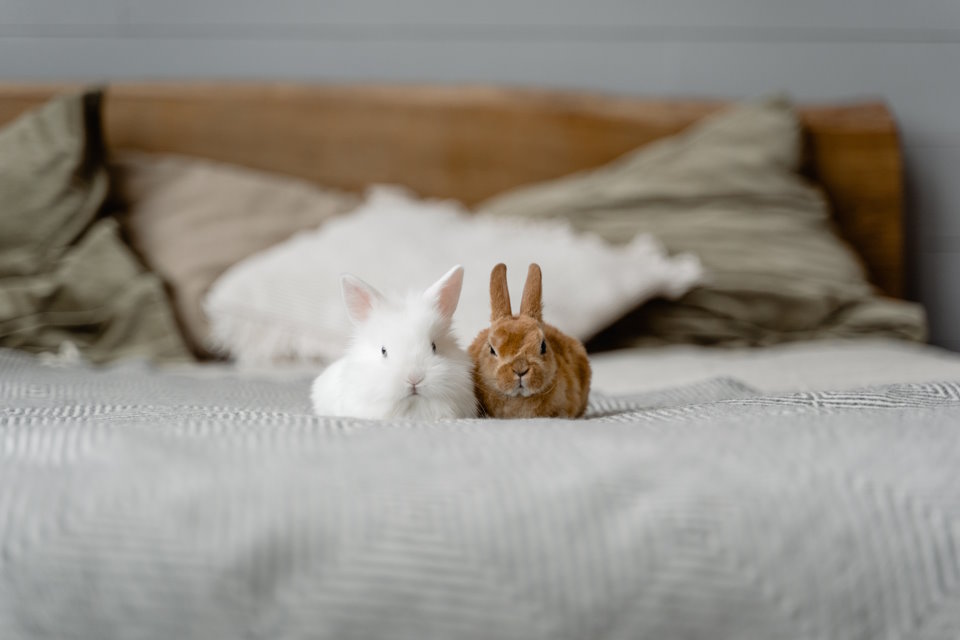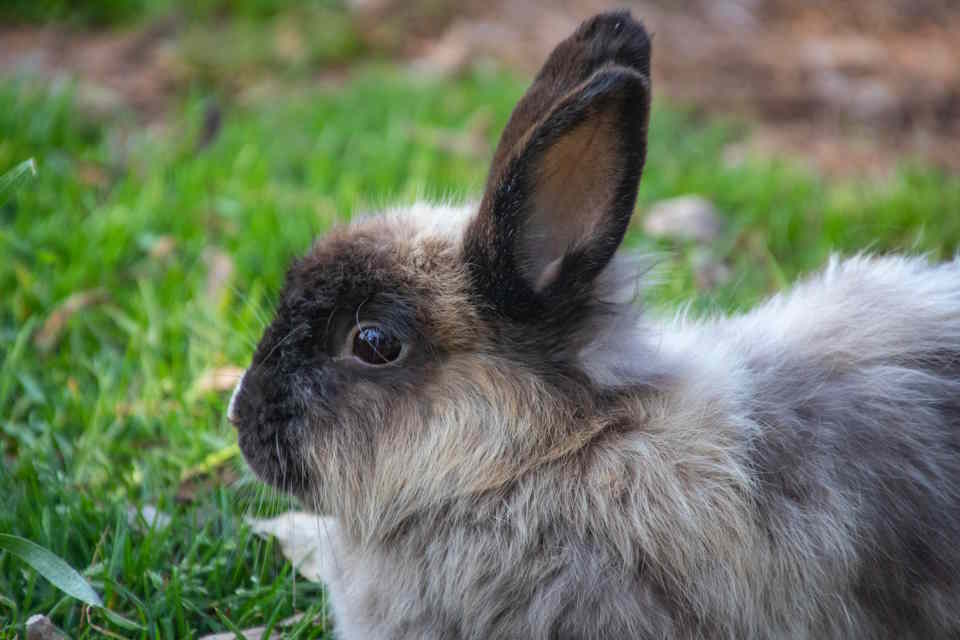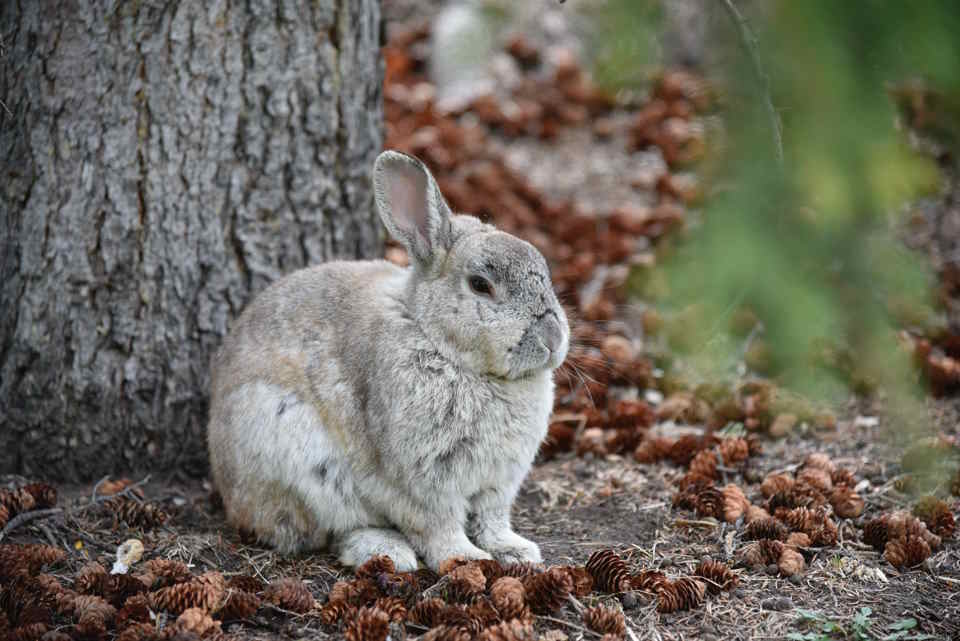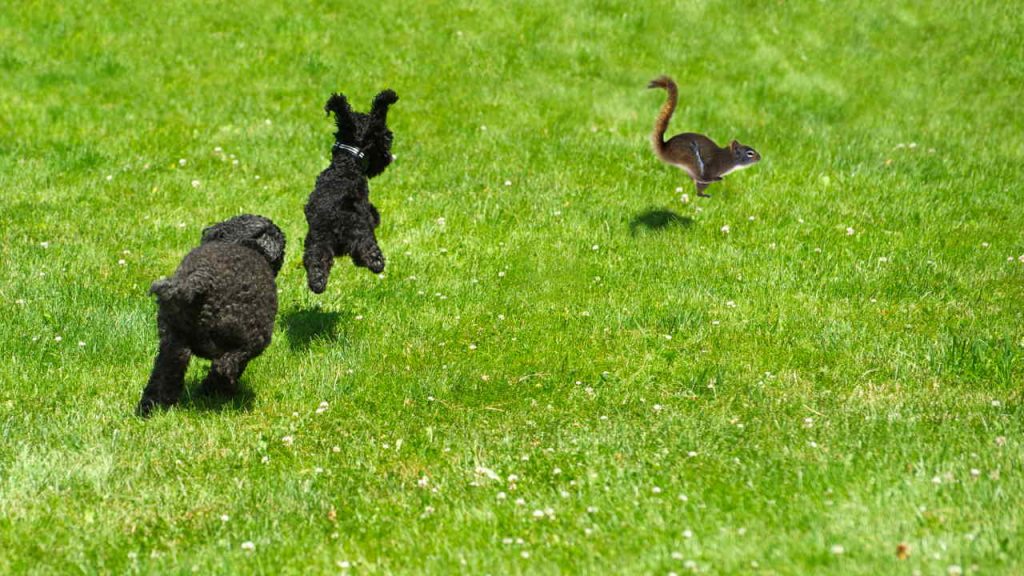Rabbits are beloved, adorable creatures that are often associated with the winter season. However, many people wonder how these small animals survive the harsh winter months. Do rabbits hibernate like bears and other animals? What do they eat? Can they go out in the snow? We will answer all these questions and more to help you understand how rabbits adapt to winter conditions. Whether you are a seasoned rabbit owner or simply curious about these fluffy animals, you will find this informative and engaging. So, grab a cup of hot cocoa and read on to learn about winter and rabbits!
Introduction
Rabbits are small mammals that belong to the Lagomorph order. They are found almost all around the world, except for Antarctica and some oceanic islands. During the winter season, a lot of animals go into hibernation to avoid the extreme cold. Hibernate is when an animal slows down its metabolic rate to conserve energy and maintains a lower than normal body temperature.
However, rabbits don’t hibernate in winter like some other animals. Hibernation is typically used to conserve energy when food is scarce. But rabbits are herbivores and can easily find enough food. If you pay attention to rabbits in the winter season, they appear to be huddled in their burrows, but they are still active. They have to forage for food even when the ground is covered in snow. So instead of hibernating, rabbits adapt to the cold by growing thicker fur and eating different kinds of food.
Rabbits require a lot of energy to maintain their body temperature, especially in a cold winter. They consume different varieties of grasses, bark, twigs, and vegetables, such as kale and carrots. It is essential to provide rabbits with a variety of foods that are high in fiber, as it helps keep their digestive system working properly. Rabbits need to eat their body weight in hay each day and at least one leafy green vegetable in addition to their regular food.
Why Don’t Rabbits Hibernate?
Rabbits are one of the cutest and cuddliest animals in existence. They are known for their long ears, fluffy tails, and adorable little noses. However, one thing you may have noticed is that rabbits never seem to hibernate during the winter, unlike other animals.
So, why don’t rabbits hibernate? Well, the answer lies in their unique physiology. Unlike bears and other hibernating animals, rabbits have small bodies with high metabolic rates. This means that their bodies generate a lot of heat internally, which helps them stay warm in colder temperatures. Additionally, rabbits have fur coats that insulate them from the cold, helping them retain their body heat.
Another reason why rabbits don’t hibernate is because they are active all year round, searching for food and shelter. Unlike some animals that bulk up on food in preparation for the winter months, rabbits continue to forage for food throughout the year. This is partially because they have a high metabolism, but it’s also because food sources are still available during the winter.
- One of the main sources of food for rabbits in the winter are tree barks. They gnaw on the outer layer of the bark, which is soft and full of nutrients.
- Another source of food for rabbits in winter is twigs. They tend to be the most abundant food source for rabbits in the winter months when other grasses and leaves are not available.
- Winter greens are also a good source of food for rabbits in the colder months. Vegetables such as carrots and lettuce are not only yummy for them but also provide essential vitamins.
It’s clear that rabbits are well adapted to handle the cold winter months without hibernating. Their high metabolic rate and thick fur coats help them keep warm, while their constant search for food ensures that they have enough energy to thrive. So, while they may not be as cuddly during the winter months, rabbits are still active and bustling with life, even when the snow is falling.
What Temperature Is Too Cold for Rabbits?
Rabbits are delicate creatures that require special care especially during the winter season. It is important to keep them warm, well-fed and protected from extreme cold temperatures. As such, it is essential to know the ideal temperatures that your bunnies can tolerate during the winter season.
The ideal temperature range for rabbits during winter should be between 10 and 20 degrees Celsius. Anything lower than this temperature range is too cold for them and poses a great risk to their health. At very cold temperatures, rabbits can become hypothermic, leading to severe illness, injury or even death.
- When temperatures drop below 0°C, you should be wary of frostbite. Pay particular attention to the rabbits’ ears, nose, and paws. These are the areas that are commonly affected.
- If you live in an area where the temperatures frequently drop below zero, prepare adequately to keep your bunnies warm. You can use heating pads, blankets or provide additional insulation to their living area to help keep them warm.
| Celsius | Fahrenheit | Rabbit behavior |
|---|---|---|
| 10-20°C | 50-68°F | Normal behavior |
| 5-10°C | 41-50°F | The rabbits may become less active, usually sleep more. |
| 0-5°C | 32-41°F | The rabbits may shiver more often and huddle together to keep warm |
It should be noted that rabbits can also get too hot in temperatures above 27°C. If the temperature becomes too high, rabbits will become lethargic, lose appetite, and have rapid breathing. Ensure that the living environment is always well ventilated and kept cool using fans or air conditioning.
What Do Rabbits Eat in Winter?
Winter is a tough time for rabbits, especially when it comes to finding food. Most vegetation and fruits that would be readily available in the spring and summer months are no longer there. Rabbits, just like every other animal, must eat to survive. We will explore what rabbits eat in winter to keep themselves alive.
- Hay is a good source of food for rabbits in the winter. It’s a well-known fact that rabbits thrive on hay and use it to meet their nutritional needs. In the winter, where grasses and plants are less available, hay becomes even more critical. Hay has both nutritional and fibrous content, keeping rabbits full, warm, and healthy. The type of hay a rabbit eats can also vary. Timothy hay is a common type of hay that can be fed to rabbits year-round. In contrast, oat hay, orchard hay, and meadow hay are additional options that can be fed during the winter.
- Vegetables and fruits are another excellent source of food for rabbits in the winter. When the availability of hay is scarce, vegetables and fruits can supplement the fiber content for rabbits. But it’s important to note that not all vegetables and fruits are beneficial for rabbits. For instance, vegetables like broccoli, cauliflower, and cabbage can cause digestive problems in rabbits. Therefore, it’s recommended that you stick to a diet of carrots, spinach, and kale, just to mention a few.
- Pellets are another food source for rabbits and can help to ensure the right nutrients for rabbits. Pellets can be made from hay or another protein source. In the winter, when hay isn’t as plentiful, these pellets are an excellent option for feeding rabbits. Pellets are available in different sizes and flavors, so it is essential to choose those that are appropriate for your rabbit’s age and size. Senior rabbits, for instance, will benefit more from pellets with extra antioxidants.
| Summary | |
|---|---|
| Hay | A good source of nutritional and fiber-rich food for rabbits in winter. |
| Vegetables and fruits | Supplements the fiber content for rabbits when hay is scarce. Carrots, spinach, and kale are the best options. |
| Pellets | An excellent option for feeding rabbits when hay isn’t readily available. |
Knowing what rabbits eat in winter is crucial for their survival. By providing hay, vegetables and fruits, and pellets in the appropriate way, you can ensure that your rabbits will stay healthy and survive the winter months. Always make sure to consult your veterinarian when feeding your rabbits.
Can Rabbits Go in the Snow?
Many people become concerned about their pet rabbits during the winter months, wondering if it is safe for them to play in the snow. The answer is yes, rabbits can go in the snow, but there are some important things to keep in mind to ensure their safety.
- Limit exposure time: Although rabbits have a thick coat of fur, they are still susceptible to hypothermia. It is important to limit their exposure time in the snow and bring them back inside to warm up after a short time outside.
- Provide plenty of shelter: Rabbits need a warm, dry place to retreat to if they get too cold. Make sure they have access to a shelter while outside, such as a shed or insulated hutch.
- Watch for signs of discomfort: Keep an eye on your rabbit while they are in the snow. If they appear uncomfortable, such as shivering or tucking their paws up to keep warm, it is time to bring them back inside.
While it is safe for rabbits to go in the snow, it is important to remember that they are still domesticated animals and need to be taken care of properly. Take the necessary precautions to ensure your rabbit’s safety, and they can enjoy playing in the snow just like any other animal.

